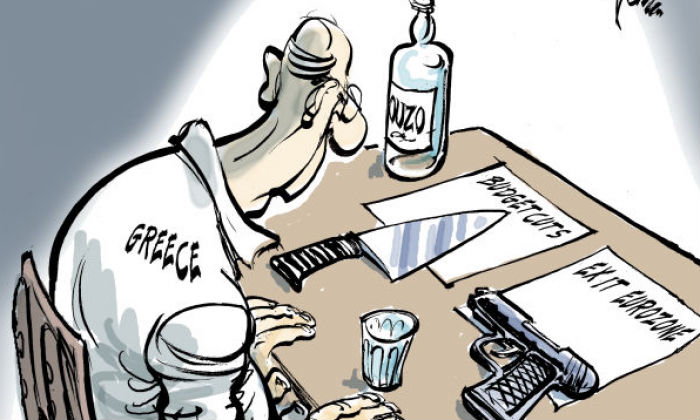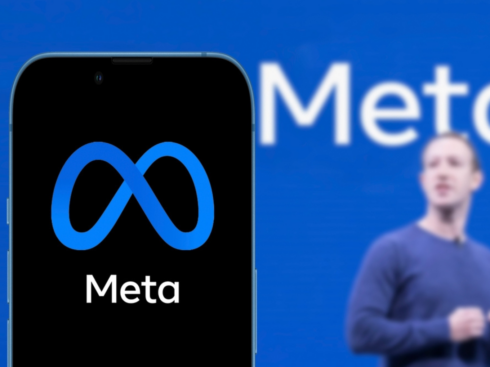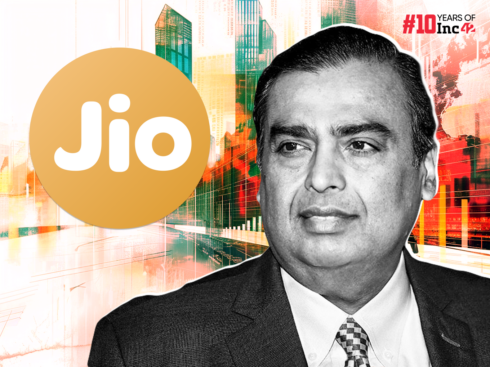Here is a hypothetical “real” situation. Lets say you raise some angel money from a few friends (IMF) and a few rich individuals (Germany and French banks). The money you raised is $250K, in a convertible note (loan).
The intention was to get product to market (stabilize your economy) with that money and hire 2 others besides pay for you and your cofounder. You detail that the money will last 5 months at $10K per month per person, plus expenses.
The angel investors are not happy that you and your cofounder are taking $10K in salary per month, which they feel is a lot (yes I know that it seems like a small amount in SF, or Bangalore as well), but really want in your deal (because they believe you will build a good business).
Then after 5 months, the product is not quite there and will likely take 5 months more to bring to market. You go back to your investors and let them know the situation. While not happy, they are still ready to back you and now are willing to put $25K for the next 6 months, and ask both you and your cofounder to forgo your salary (austerity) until product is shipped.
You and your cofounder realize there’s no choice but to accept the austerity measures and give in to better terms as well and think that the pain (no salary) will be short term so it would be worth it.
6 months pass and you need to raise more money. You have some early customers, the product is in the market. The money is needed to scale, grow and also to provide some relief to the founders in terms of getting paid.
The new investors though, are not giving you the valuation that will give you any relief and are not willing to pay for the “accrued” salaries of the founders. They also think that to grow the business, some of the loans from the angel investors needs to be “written off”. The previous investors will take a “haircut” on their debt.
Previous investors are unwilling to take the haircut, so your funding, goals and priorities are at am impasse. Neither side is willing to give up.
You now have 3 choices.
1. Exiting investors take a haircut on their debt, and their “investment” of $75K, is going to be valued at $25K instead, but they will be part of any growth going forward.
2. New investors are willing to value the previous investment at $100K (which includes the $25K in accrued salaries to founders for the last 6 months) and are willing to fund the company enough to pay salaries and support growth.
3. The founders are willing to take a haircut on their ownership (and give it to previous angel investors) and forgo their salary for the last 6 months as well.
That’s the Greek debt crisis and the options in a nutshell, with the players changed and the situation more complicated (Euro, Social programs, etc.)than I explained it.
The reality of the go-forward plan is that there will be compromises that need to be made all around. Founders, previous angel investors and likely the new investors will all have to find a solution to keep the company going.
Who’s the most vested – the founders (or Greeks) who have spent 12 months of their life trying to bring product and idea to market.
Who’s the least vested – the new investors, who are not going to invest unless they see upside.
Who’s taken a lot risk – the existing angel investors, who put money in expecting a return, but knew fully well that it was risky.
Asking the existing investors alone to take a haircut wont be right, neither will it be fair to have the founders take all the burden of the new investment.
Ideally if you can “carve” out a portion of the future potential for both founders and previous investors, it would be fair.
I have seen though too many cases where new investors “Cram Down” previous investors and in many cases dilute the founders way too much to have meaningful value going forward, which is why terms and provisions in the convertible notes are getting more difficult and involved.
What’s the best solution you think to the above problem? Who (all) gets the haircut?




























